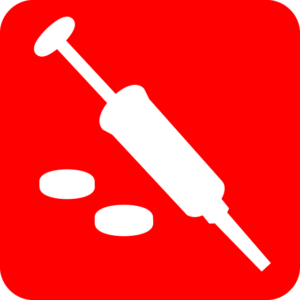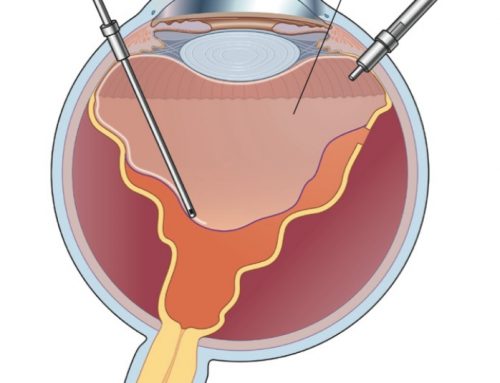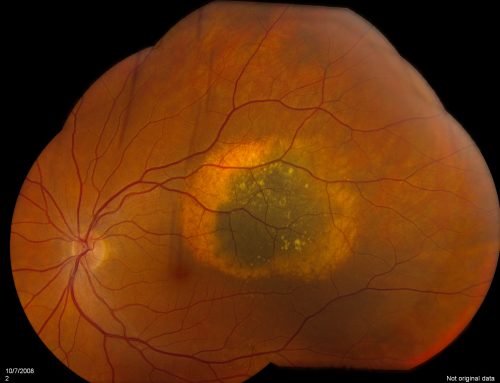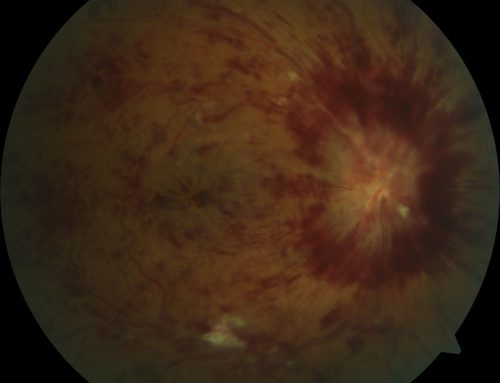 Anti-VEGF injections are often used by retina specialists to treat a variety of retinal diseases. The injections are usually given safely in the office setting and do not hurt.
Anti-VEGF injections are often used by retina specialists to treat a variety of retinal diseases. The injections are usually given safely in the office setting and do not hurt.
As a retina specialist in Orange County, I have been treating my patients with anti-VEGF injections and have been very satisfied with the improvements we have achieved in the treatment of;
What is anti-VEGF?
VEGF stands for vascular endothelial growth factor. It is chemical, or molecule, discovered by cancer researchers in the 1980s. They found that tumors make this chemical to allow the formation and maintenance of new blood vessels (as a tumor enlarges, it must create its own blood supply).
VEGF = Vascular Endothelial Growth Factor (VEGF)
Amazingly, VEGF is also produced in the eye in cases of diabetic retinopathy and wet macular degeneration. In proliferative diabetic retinopathy, abnormal blood vessels grow inside the eye and can cause vitreous hemorrhage, retinal detachment or a specific form of glaucoma called neovascular glaucoma.
This abnormal blood vessel growth is caused by VEGF!
VEGF also causes normal retinal blood vessels to leak.
How Do anti-VEGF Injections Work?
Historically, there are 4 anti-VEGF medications used by retina specialists. All but Macugen, are presently used by retina specialists. Macugen may no longer be available in the Orange County area or other parts of the country.
In general, the mechanism of action (how they work) is very similar and for the purposes of this article will be considered to act the same way. The anti-VEGF medications include;
- Avastin (bevacizumab)
- Lucentis (ranibizumab)
- Eylea (aflibercept)
- Macugen (pegaptanib)
Anti-VEGF medications work by binding the VEGF molecules and blocking their ability to do damage to the retina. anti-VEGF medications are essentially antibodies directed against the VEGF molecule. The effects of a single injection may last for weeks or even longer.
Eye Injections
It is very difficult to deliver medications to the inside of the eye including the retina. Medications taken by mouth, eye drops and even intravenous medications do not get inside the eye very well.
Direct injection into the eye is the best and most efficient way to treat disease of the retina such as macular degeneration, retinal vein occlusions and diabetic retinopathy.
Injections are usually given as a series, that is, they must often be repeated depending upon the disease and the severity of your condition.



